7 results in SSRC Anxieties of Democracy
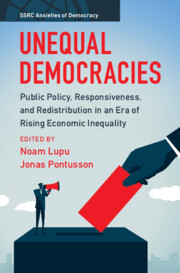
Unequal Democracies
- Public Policy, Responsiveness, and Redistribution in an Era of Rising Economic Inequality
-
- Published online:
- 07 December 2023
- Print publication:
- 21 December 2023
-
- Book
-
- You have access
- Open access
- Export citation
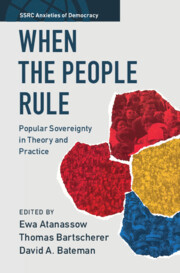
When the People Rule
- Popular Sovereignty in Theory and Practice
-
- Published online:
- 23 November 2023
- Print publication:
- 09 November 2023
-
- Book
-
- You have access
- Open access
- Export citation
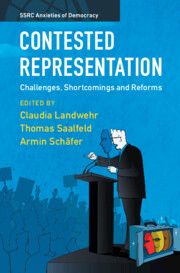
Contested Representation
- Challenges, Shortcomings and Reforms
-
- Published online:
- 03 November 2022
- Print publication:
- 17 November 2022
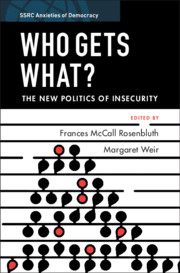
Who Gets What?
- The New Politics of Insecurity
-
- Published online:
- 20 August 2021
- Print publication:
- 29 July 2021
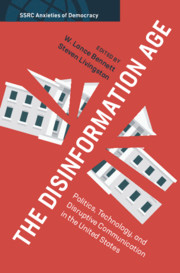
The Disinformation Age
-
- Published online:
- 06 October 2020
- Print publication:
- 15 October 2020
-
- Book
-
- You have access
- Open access
- Export citation
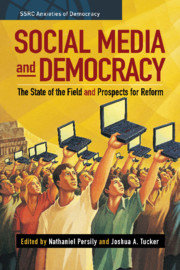
Social Media and Democracy
-
- Published online:
- 24 August 2020
- Print publication:
- 03 September 2020
-
- Book
-
- You have access
- Open access
- Export citation
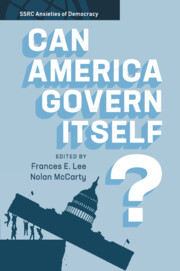
Can America Govern Itself?
-
- Published online:
- 25 May 2019
- Print publication:
- 20 June 2019

